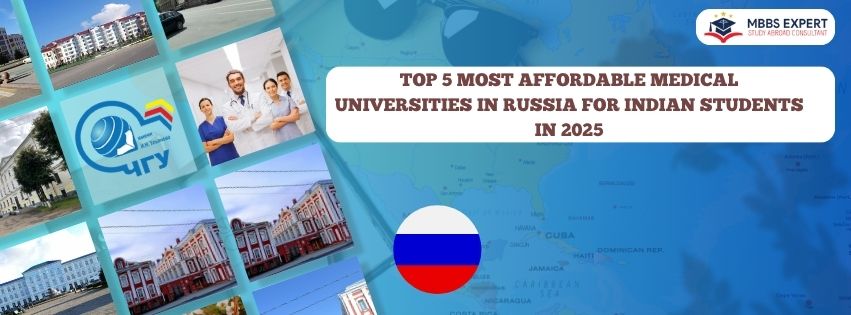Budget-Friendly Medical Education in Russia: Affordable Universities for Indian Students Introduction Pursuing a medical degree…
Comparison between Studying MBBS in Timor-Leste vs. India for Indian Students
157 Total Views , 1 views today
Comparison between Studying MBBS in Timor-Leste vs. India for Indian Students
In the realm of medical education, the decision to pursue an MBBS degree is often one of the most crucial and life-altering choices a student can make. With the ever-expanding global landscape, aspiring doctors are presented with a myriad of options when it comes to choosing the right destination for their medical studies. For Indian students particularly, the decision boils down to whether to opt for the conventional path of studying in India or explore the prospects offered by other countries like Timor-Leste. In this comprehensive analysis, we delve deep into the comparison between studying MBBS in Timor-Leste versus India, weighing the various factors that influence this pivotal decision.
Educational Infrastructure and Quality:
India, with its rich history of medical education, boasts a vast network of esteemed institutions renowned globally for their academic excellence. From prestigious government colleges to private medical universities, the country offers a plethora of options for students seeking top-notch medical education. The curriculum is meticulously designed to meet international standards, ensuring comprehensive learning and skill development.
On the other hand, Timor-Leste, though a relatively newer player in the field of medical education, has been making significant strides in establishing its educational infrastructure. With the support of international collaborations and initiatives, the country has been investing in upgrading its medical facilities and curriculum. While the quality of education may not yet match that of established institutions in India, Timor-Leste presents a promising avenue for students looking for alternative learning experiences.
Cost of Education:
One of the primary considerations for many students and their families is the cost associated with pursuing medical education. In India, where government-subsidized education is available in public institutions, the cost of MBBS studies can vary significantly depending on whether one secures admission in a government college or opts for private institutions where the fees are substantially higher.
Conversely, studying in Timor-Leste can prove to be a more economical option for Indian students. With lower tuition fees and relatively affordable living expenses compared to many other countries, Timor-Leste offers a cost-effective alternative without compromising on the quality of education.
Cultural and Linguistic Factors:
India, with its diverse cultural tapestry, provides a familiar environment for Indian students pursuing MBBS. The advantage of studying in one’s home country includes ease of adaptation, familiar language, and cultural comfort, which can significantly contribute to a student’s overall academic performance and well-being.
Contrastingly, opting to study in Timor-Leste presents students with the opportunity to immerse themselves in a new cultural milieu. While this may entail challenges such as language barriers and cultural adjustment, it offers invaluable experiences in terms of cultural exchange, global perspectives, and personal growth.
Clinical Exposure and Practical Training:
Clinical exposure and hands-on training are integral components of medical education, shaping students into competent healthcare professionals. In India, students benefit from exposure to a diverse range of medical cases and ailments due to the country’s vast and varied population. Furthermore, collaborations with renowned hospitals and research institutions offer ample opportunities for practical learning and skill development.
In Timor-Leste, while the clinical infrastructure may not be as extensive as in India, students can still gain valuable clinical experience through practical training programs and internships. The smaller healthcare system may provide a more intimate learning environment, allowing students to actively participate in patient care under the guidance of experienced medical professionals.
Career Opportunities and Recognition:
Upon completion of their MBBS degree, students are often faced with the critical decision of pursuing further studies or entering the workforce. In India, possessing an MBBS degree from a recognized institution opens doors to a plethora of career opportunities, including specialization, research, and clinical practice. The degree is widely recognized internationally, enabling graduates to explore employment prospects beyond national borders.
Similarly, a degree from a reputable institution in Timor-Leste can also provide Indian students with promising career prospects. While the country may not offer the same breadth of specialization options as India, graduates can contribute to the local healthcare system or choose to further their studies abroad with their internationally recognized qualifications.
Furthermore, it’s essential for Indian students considering MBBS abroad to conduct thorough research and seek guidance from trusted sources to make an informed decision. Factors such as accreditation of institutions, recognition of degrees, and eligibility for licensure exams in their home country should also be carefully evaluated.
Moreover, studying abroad, whether in Timor-Leste or any other country, offers students an opportunity for personal growth and global exposure. It fosters independence, adaptability, and cross-cultural understanding, which are invaluable skills in today’s interconnected world. Students who choose to embark on this journey often return with a broader perspective, enriched experiences, and a deeper appreciation for diversity.
In the end, the choice between studying MBBS in Timor-Leste or India boils down to individual priorities and circumstances. While India provides a familiar and well-established educational landscape, Timor-Leste offers a promising alternative with its growing healthcare infrastructure and cost-effective options. Ultimately, what matters most is not just the destination but the journey of learning, growth, and discovery that awaits aspiring medical professionals as they pursue their dreams of healing and serving humanity.





